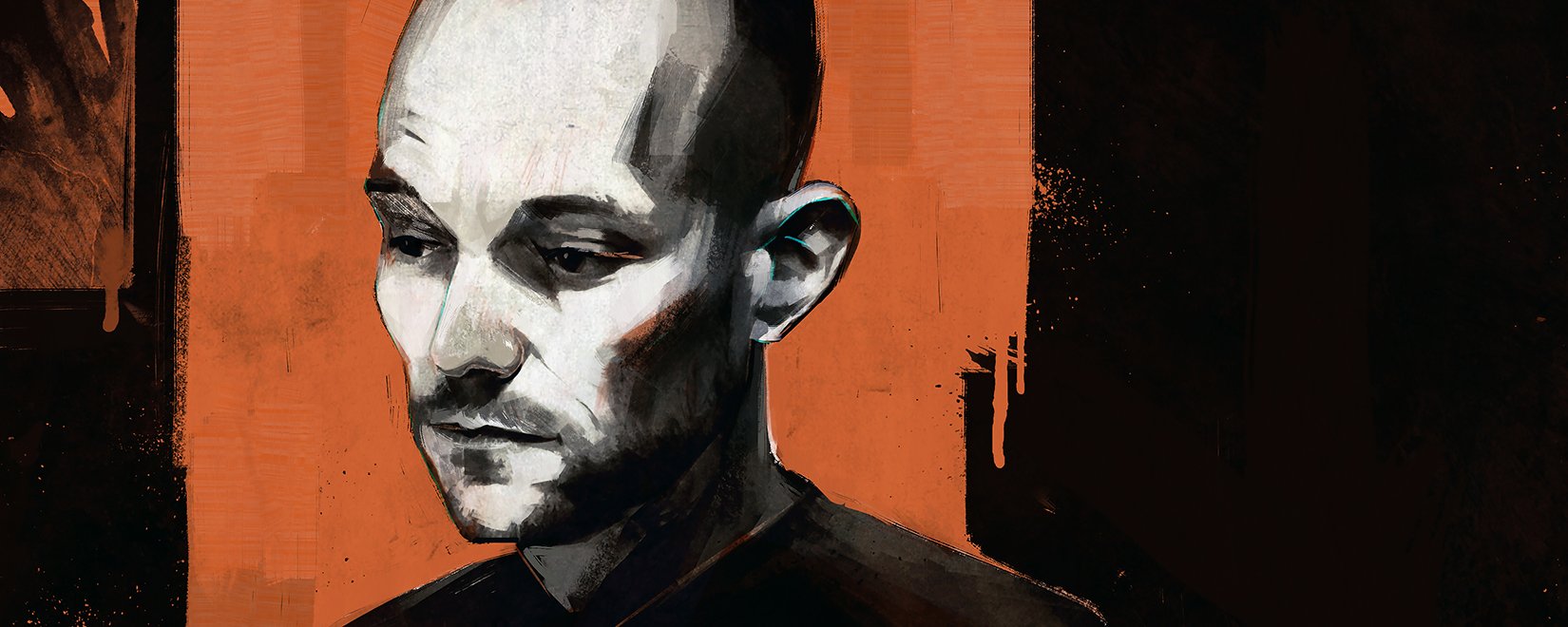Eskil Vogt, the director and the scenarist for Blind, which came to theatres this month, talked to us about his first feature, and his lonesome and pessimistic characters and İstanbul.
- - - - - - - - - - - - - - - - - - - - - - - - - - - - - - - - - - - - - - - - - - - - - - - - - - - - - - - - - - - - - - - - - - - - - - - - - - - - - - - -
Blind is your first feature, following the shorts you wrote and directed. Can you elaborate on your transition from making short films to directing a feature?
What surprised me the most was the length of time it took. I felt like I was sprinting a marathon. I was barely at home. At the end of the shooting of the film my son (who was two years old at the time) stopped calling me “dad” and started to call me “Eskil”.
What exactly differs between trusting the script you authored to another director and shooting it yourself?
The only director besides myself who has directed what I’ve written is Joachim Trier and I have no problem trusting him, not only is he a vey close friend, but we also write his films together so the vision is shared. The main difference was actually writing alone as supposed to writing with a partner. I could be more intuitive, let my unconscious work more freely. I think that has left a mark on the film.
The stories of the films Reprise whose screenplay you authored and Oslo, August 31st as well as Blind revolve around characters whose ties with society are impaired, who are uneasy among crowds. Do you have a special interest in those characters?
I guess that is true. Though most art is attracted to the outsider’s point of view so it’s not uncommon. But I think I have an affinity to quiet and lonely people. I understand them in some way and might have been one of them for some periods in my life.
How did the idea of creating a film based on the world of a blind character dawn upon you?
While I was developing another film to direct I was reading a book written by a friend of mine, Terje Holtet Larsen, where one of the characters is blind. The text was completely un-filmable, an inner monologue of someone who can’t see, but nevertheless I couldn’t shake it. When I put the other film aside and began to write, thinking about losing one’s sight, it just flowed out of me. There are so many interesting, exciting and funny things that fit into a film with a blind main character. The clue was that she wasn’t born blind. She had lost her sight at a later stage and that meant she had a visual imagination and would constantly try to envision what was around her.
The most distinguishing characteristic of the main protagonist of Blind is that the character is a marooned, isolated one, much more than the blindness factor itself. Do you see an organic connection between these two situations?
The movie is more about our inner lives than about blindness. It is about our innermost thoughts, sexual fantasies, our humour etc. And our innermost thoughts are impossible to share completely even with the people closest to us. So in a way we are all isolated.
You gave life to characters who were dreaming of a different life other than their own, imagining an alternative reality in Reprise and Oslo, August 31. Same approach applies to Blind, though with the storytelling is different. Do you think people should be given a second change in life?
I think the beautiful thing is that our imagination makes it possible for us to escape whatever life we are leading, happy or not, and taste other possibilities, see other realities, new perspectives. If you have a rich inner life, everything is possible.
The main protagonists of your films are often characters who are tortured by their foreboding inner worlds, nevertheless, we cannot say that Blind is a downright pessimistic film. What do you think of Blind, would you rate it as pessimistic or optimistic?
It’s an optimistic film. I think it’s a very happy ending.
Are you going to be sitting on the director’s chair after Blind? Do you have plans for writing scripts for Joachim Trier or for other directors?
I never have written scripts for anybody else than Joachim and myself and my plan is to stay on the same course. I have finished a script with Joachim that he starts shooting now in a few days (the 3rd of September). It’s an English language film with Gabriel Byrne, Jesse Eisenberg Isabelle Huppert and many other great actors shot in New York. And I’ll definitely make more films as a director as well. I am looking forward to it, but have to finish the script first.
The first film whose script you authored won the Golden Tulip and the Special Jury prizes at Istanbul Film Festival. Your debut work as a writer/director won brought you a second Golden Tulip. Do you think Istanbul is your lucky city? How would you rate your Istanbul experiences in general?
We have definitely been extremely lucky in Istanbul! There are always so many good films at the IFF so winning a prize here makes me very proud. It was my first time in Istanbul with Blind and I loved it – it’s such a vibrant, exciting and beautiful city. Full of contrasts and mind-blowing paradoxes. I can’t wait to come back.












